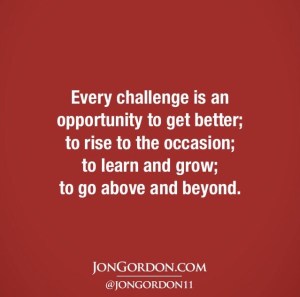Take grades off the table and things change. “Have-to’s” give way to “choose-to’s,” compliance yields to commitment. In the 180 classroom, kids, in a sense, don’t have to do anything. Well, there is one exception; they have to sign their learning logs/progress reports. But beyond that, by design, they choose to do things. Where there is choice, there is commitment. And this is a core element to the 180 approach.
Many of you will recognize the graphic above, but when you last saw it, the “I-will-not-forget” space was blank. Knowing that I did not have the “power” of a grade to force compliance, I had to approach our reading of Night differently. Tradition generally dictates giving a test at the end of a novel to reward those who read and punish those who did not. I did not want the kids to read the book to “pass the test.” I wanted them to read the book for a greater purpose. Elie did not write the book so future generations of school children could pass a test at the end. Indeed, he wrote it so future generations would not forget. And that is how we approached it. Those who read it did so out of commitment to a greater end. They read. They will not forget. They passed the test.
Of course, not all my kids read it. And they have owned that. In earnest, I asked they only sign it if they actually read it cover to cover. “Don’t BS me. Don’t BS yourselves.” And while I am disheartened that not all were able to pledge, I was not surprised. We live and have lived in a time where it is becoming increasingly difficult to get kids to read books. Very few kids actually read the books we put in front of them. Oh, they turn some pages, but for various reasons they rarely see it through, relying instead on CliffsNotes and Sparknotes to get through the test at the end.
Last year, when I still used grades to “motivate” kids, very few read the book. I know because of how they performed on the test at the end, many of them later intimating that they read the “notes” instead–again for reasons varying from “I was busy” to “I didn’t really get into the book,” etc. This year, without a test hanging over their heads, a majority of my kids read Night. Yes, it is possible that some signed the pledge without having read the book in its entirety, but I believe most did based not only on our class discussions but also on their in-class writes at the end. And I am proud of them for accepting the challenge, for committing themselves to a bigger purpose. And for each who signed, I will write and deliver a personal thank you note. I am proud of them. I am proud of them for choosing to do something because they found value in it, for themselves, for society.
Just learned that school’s closed today. Be safe everyone.









